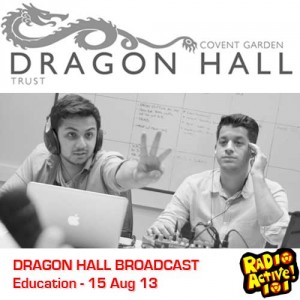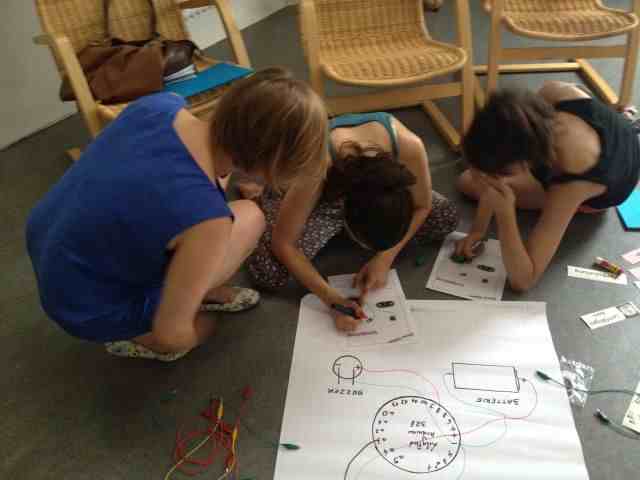First the official stuff (from the press release).
“Talented UK students have won three out of four prizes in a worldwide competition to create a new app to help people develop their career.
The CareerHack open data contest was launched in November last year by the UK Commission for Employment and Skills (UKCES), and asked developers around the globe to build an app based on the UK Commission’s “LMI for All” open data, which contains information on the UK labour market, including employment, skills and future job market predictions.
First prize winner for the competition was Tomasz Florczak from Logtomobile in Poland, who won £10,000 for his innovative Career Advisor app, while 16-year-old school student Harry Jones, from Bath, took home a £5,000 prize for his Job Happy entry.
The contest also had a special prize specifically for entrants aged 16-24 in Further Education. In this category 22-year-old IT apprentice Phillip Hardwick won the £5,000 prize for his entry, Career Path. And judges were so impressed with the quality of entrants from the category that they introduced an additional runner-up prize of £2,500, which went to a team effort from students at Barking and Dagenham College in London.
Competition judge Dr Deirdre Hughes OBE, Chair of National Careers Council and a Commissioner for UKCES, said:
“As judges we were all highly impressed at the outstanding contributions made by our winners, and of the talent and ability being displayed by the next generation of up-and-coming developers and programmers.
“The quality of the submissions was so high we felt the need to introduce an additional prize, but all those that entered should be extremely proud of their efforts.”
The judging panel was made up of technology experts from Google, Ubuntu and HP, alongside representatives from the UK Commission and John Lewis. Judges made their decision based on how innovative the entry was, how viable it was as a working app, the potential it had for making an impact on society and the overall quality of the packaged app.
CareerHack judge Matt Brocklehurst, Product Marketing Manager at Google UK said:
“At Google we’re well aware of the importance of making data open and encouraging young, creative talent. CareerHack was a fantastic example of this and we were very impressed by the high standard of entries from everyone who entered – the fact that three of the four winners are young people at the start of their careers is fantastic news. We hope these prizes will enable them to get a head start down whichever career path they choose to follow.”
Fellow CareerHack judge Cristian Parrino, Vice President of Mobile and Online Services at Ubuntu, added:
“The CareerHack competition demonstrated how an set of open data can be used to cater to the needs of people at different stages of their career paths. It was wonderful to see the different flavours of high quality applications and services built on UKCES’s data.”
LMI for All has been developed by the UK Commission for Employment and Skills, working with a consortium led by the Institute for Employment Research at Warwick University and including Pontydysgu, RayCom and Rewired State.”
Pontydysgu’s bit in all this is managing the technical side. I have to say I was a bit sceptical of producing an APi and then opening it up and encouraging contributions through a competition, but having looked at the videos I am gobsmacked by the inventiveness of teh programmers who entered. We will be looking in more depth at what has been produced. We are also seeking feedback from all those who participated and planning more events later in the year. If you would like to know more (and particularly we would be interested in similar approaches to Open data for Labour Market Information in other countries) please contact me at graham10 [at] mac [dot] com.






